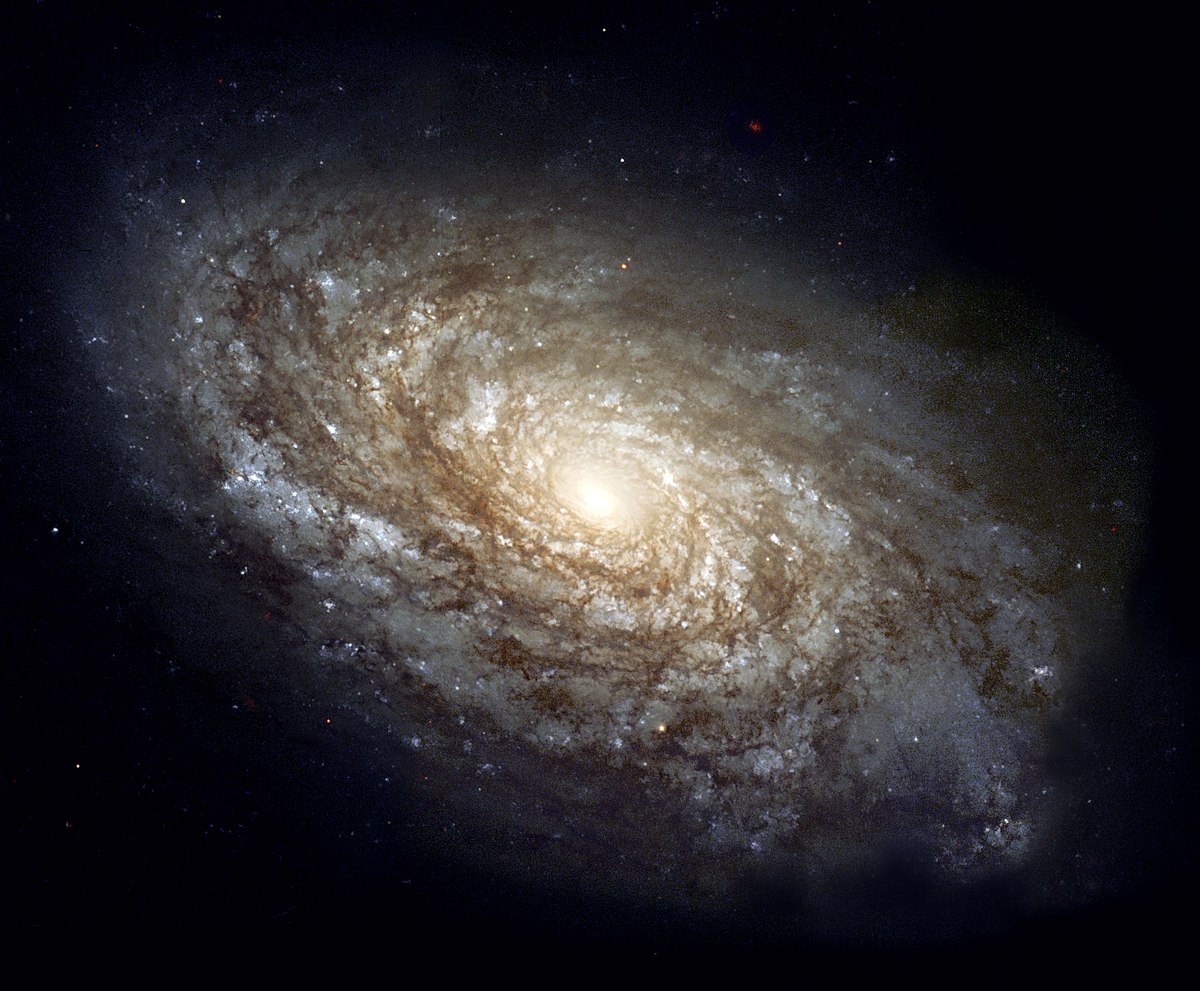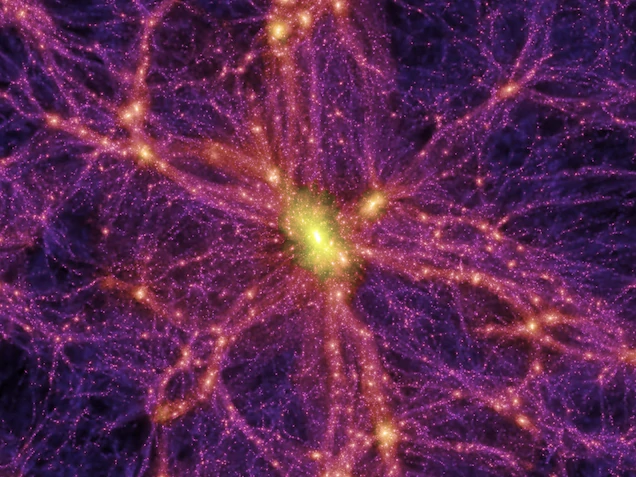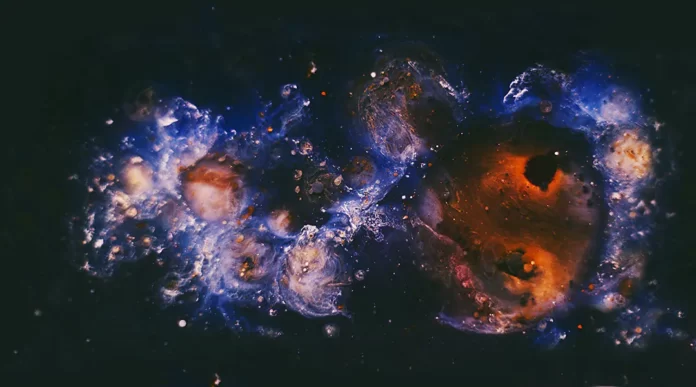For decades, scientists have been trying to explain the phenomenon of the universe’s accelerated expansion. The most commonly accepted explanation is dark energy – an unknown form of energy that permeates all of space and is responsible for driving the expansion of the universe. But what if there was another way to explain the acceleration without relying on dark energy? In this blog post, we will explore the possibility of explaining the universe’s accelerated expansion without dark energy and the potential impact of such a discovery.

What Is Dark Energy?
Cosmic expansion is expanding the universe in all directions. While this has been happening for billions of years, scientists recently discovered that the universe is accelerating in its expansion. This means that the distances between objects in the universe are increasing faster than they were before.
Now, there are a number of theories as to why this is happening. Some people believe that dark energy is responsible for accelerating the expansion of the universe. However, evidence suggests that this isn’t the case and that something else must be responsible. So what could be causing cosmic expansion to speed up?
Right now, scientists aren’t sure what’s behind cosmic acceleration – but they’re researching different ideas to try and find an answer. Some of these ideas include alternative forms of energy, quantum fluctuations, and inflationary universes. However, until more research is done, we won’t know for sure which theory is correct. In the meantime, it’s important to keep an open mind and continue exploring all possible explanations for what’s happening with cosmic expansion.
If dark energy turns out to be responsible for cosmic acceleration, it has major implications on our understanding of how the universe works. It could mean that some parts of space are denser than others – meaning that they hold more matter – or it could mean that our current understanding of space isn’t accurate at all! Whatever happens next in regards to dark energy and cosmic expansion is definitely going to be fascinating!
Explaining The Universe’s Expansion Without Dark Energy
The universe is expanding – that’s a fact. However, what’s causing the universe to expand at an ever-increasing rate is still a mystery. Today, we’ll be exploring four different theories that explain the accelerated expansion of the universe without resorting to dark energy.
First, let’s take a look at dark energy and how it plays into the puzzle of the accelerated expansion of the universe. Dark energy is a mysterious force that appears to be accelerating the expansion of the universe. Despite being relatively new in cosmology, there are many theories explaining how dark energy could be responsible for this phenomenon.
Next, we’ll explore three different gravitational models that explain how space time can become stretched out over vast distances. Each of these models has its own advantages and disadvantages, but they all point towards an expanding universe without need for dark energy.
Finally, we’ll discuss two popular wormhole models – one involving light and one involving matter – and their potential implications for our understanding of cosmology. Both models have strengths and weaknesses, but they are currently among the most plausible explanations for why the universe is expanding at an ever-accelerating rate.
The Impact Of Observing Accelerated Expansion Without Dark Energy?
The universe is expanding at an ever-increasing rate, and some theorists believe that this expansion is due to a force called dark energy. However, this theory has remained largely unproven for years. Now, a new model has been proposed that could explain the accelerated expansion without the need for dark energy.

This model begins with the assumption that the universe underwent a period of rapid inflation shortly after its inception. During inflation, the size of the universe ballooned by an astonishing amount – from about 10-43 seconds after the Big Bang (the moment of creation) to its current size of about 14 billion light years. This rapid expansion caused galaxies to cluster together and form large clusters known as superclusters.
Without dark energy, this rapid expansion would have ceased eventually and the universe would have returned to its original state. However, because dark energy exists in small quantities, it causes the observed acceleration in universe’s expansion. In short, this model explains how observation results are related to inflation theory – something that has remained largely unexplained up until now.
Another implication of this model is on cosmology and astronomy – two fields that are closely related to each other. As we learn more about how galaxies formed and evolved over time, it’s important to take into account all of the possible models available. If this new model proves correct, it will help us better understand how cosmology and astronomy work – two fields that are constantly changing and evolving due to new observations made every day!
Conclusion
Dark energy remains a mysterious force in the universe, and it is still debated why it exists. Scientists have proposed various explanations for the accelerated expansion of the universe without dark energy, including alternative theories of gravity and varying forms of matter. The observation and understanding of these theories will help us to better understand the nature of dark energy and its effects on our universe. Ultimately, more research is needed to explain why dark energy exists, but this work will help us to better understand its role in our cosmos. We must continue to explore these theories if we hope to answer one of the most fundamental questions in science: What is Dark Energy?












